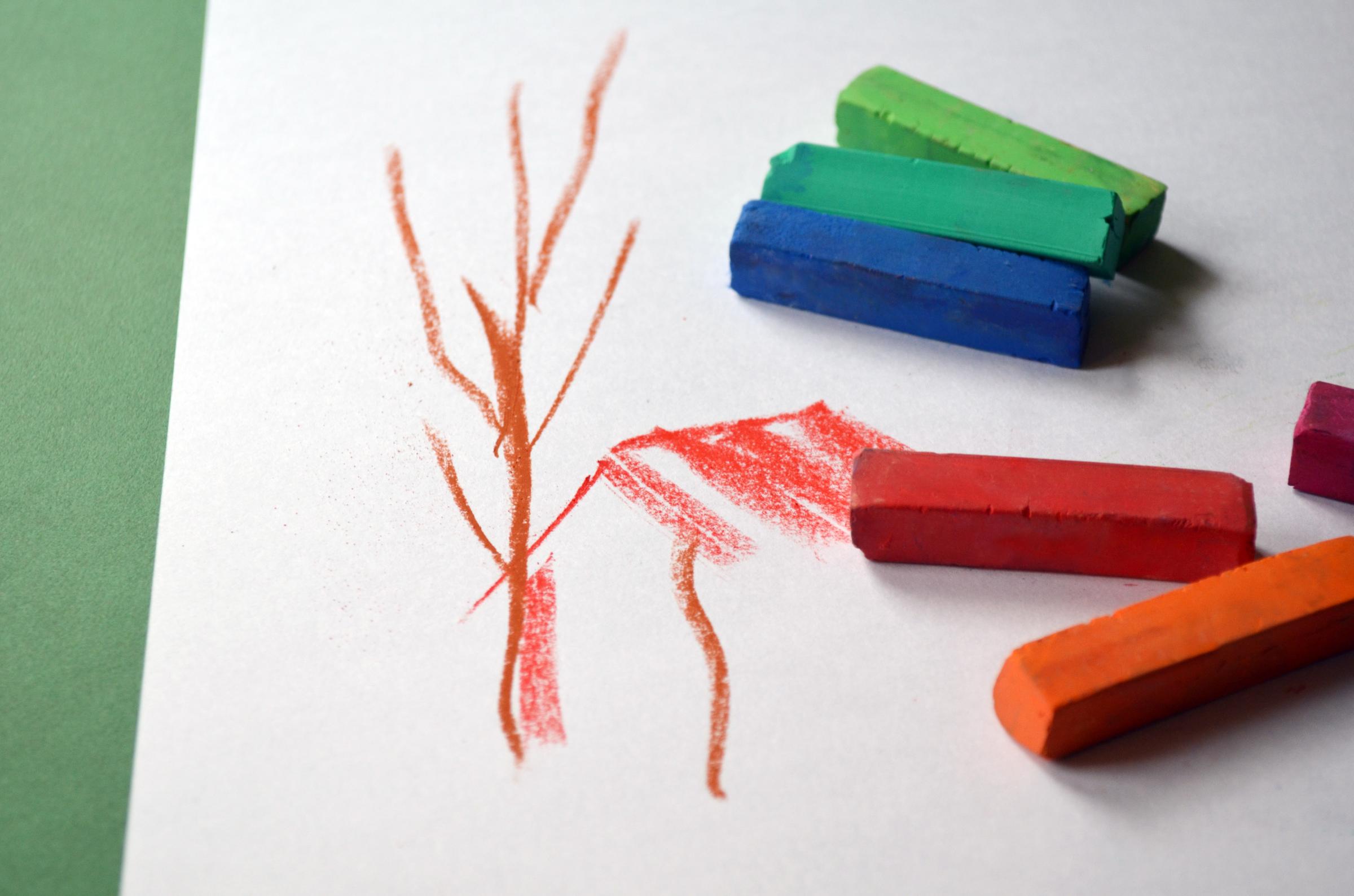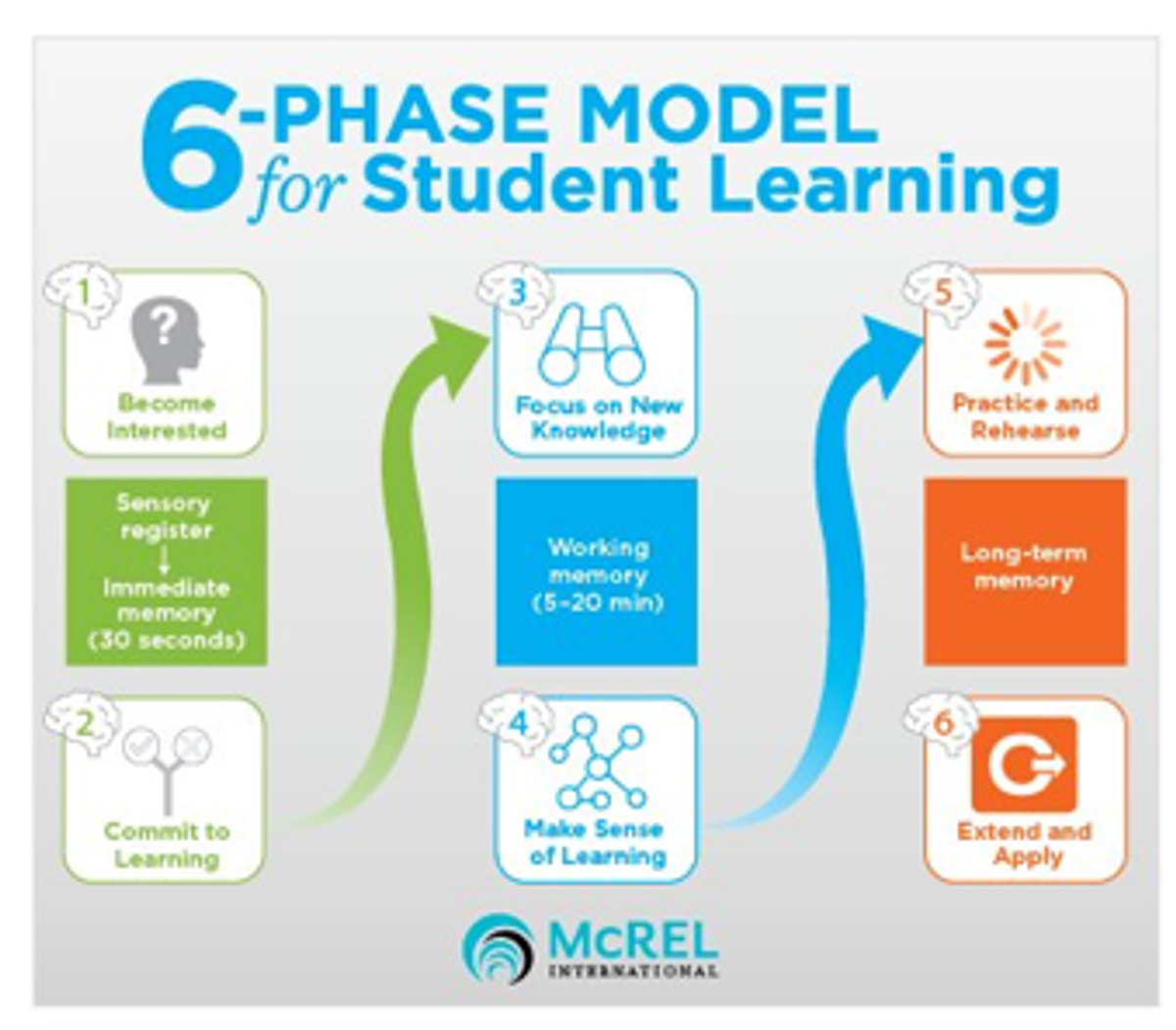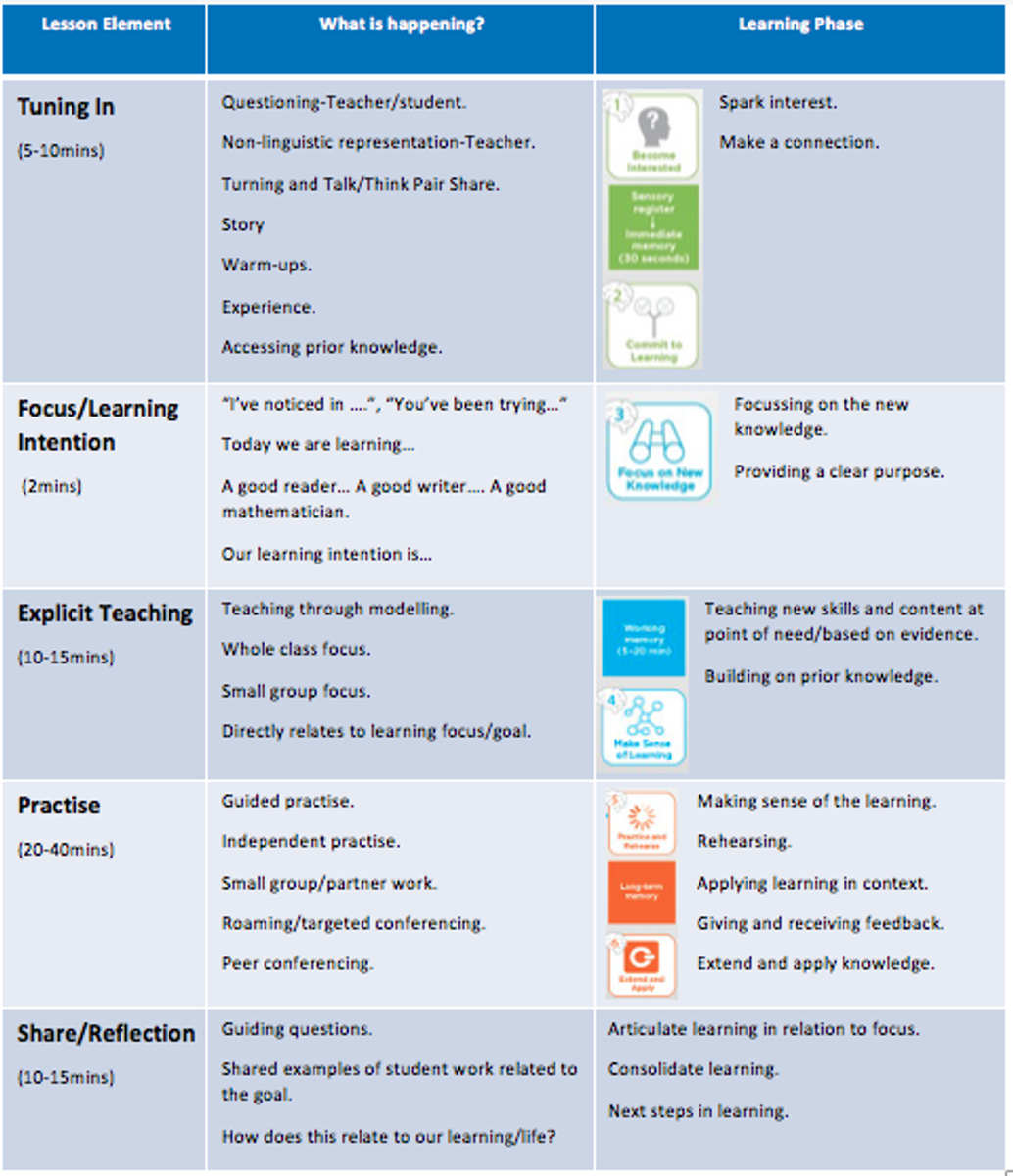Assistant Principal's news

Moonee Ponds West has developed an Instructional Model to ensure a consistent approach to teaching is implemented across the school which relates directly to the six phases of learning.
This is evidence-based and reflects staff’s beliefs and values about the good elements/parts of a lesson.
Teachers have been planning your child’s remote learning based on this model. Often there is a quick game, question or image for students to ‘tune’ them into the learning. The Learning Intention is made clear and the explicit teaching delivered via videos and now, small group ‘live’ teaching via Webex.
The practise phase of learning involves your child independently trying what has been explicitly taught at their level of understanding. It is important that in this stage, you encourage your child to ‘have a go’ with the learning and that attempts do not have to ‘perfect’ or ‘correct’. It is the process and strategies children try in this phase that commits concepts and new learning to the long-term memory. Through this phase, both teachers and students will identify what they can do and what further teaching may be needed.
At home, this is the ‘tricky’ part of learning where your child might refuse to have a go, get upset if their attempt does not work or give up on the first go. Avoidance strategies such as crying, shutting-down or continually asking for parental input can be behaviours exhibited.
If this happens, try some of these strategies:
- Focus on the process or strategy used by your child by saying, “I like the way you used…”; “Good try. That strategy didn’t work-do you know another way?”; “Can you remember what your teacher taught you in the small group/video?”; “You had a good go. Why don’t you ask your teacher for help next group session/on Google Classroom?”
- Break the task into smaller parts. Make a plan of the learning ie. What needs to be done 1st, 2nd, 3rd and what your child needs to complete these steps. Your child can then work independently and at their own pace to complete each step. Build some ‘check-ins’ with you in the plan so that your child still feels supported through the process.
Example:
- Use the “First this, then that” strategy. Negotiation of tasks and small brain-breaks during tasks can support your child to complete the work in chunks. Set up the day by completing a daily schedule, having your child’s input into this. First I will…..(some learning) then I will…. (play with my blocks/go on trampoline/read/have a snack etc). Create 3-4 of these for the day.
- Alternative Learning has been provided by teachers in the form of Sunshine Classics, Mathletics, Epic and the 3 Before 3 activities. Reinforcing maths, reading and writing in the home through cooking, making shopping lists, making cards and playing board games are also great alternatives to the set tasks. The Specialist Teachers have provided activities and the Inquiry investigations are also ways to engage your child in their learning.
- Passion projects are also great to use on ‘tricky’ days, building on your child’s interests to drive research, the recording of information (in a range of ways) and presenting their knowledge (also in a range of ways).
Remember, your child’s teacher knows them very well and can provide further advice on ‘tricky’ learning days. All staff have high expectations for learning for all students but recognise that individuals access the learning and demonstrate their understandings in a variety of ways.
Barbara McKenzie
Assistant Principal



